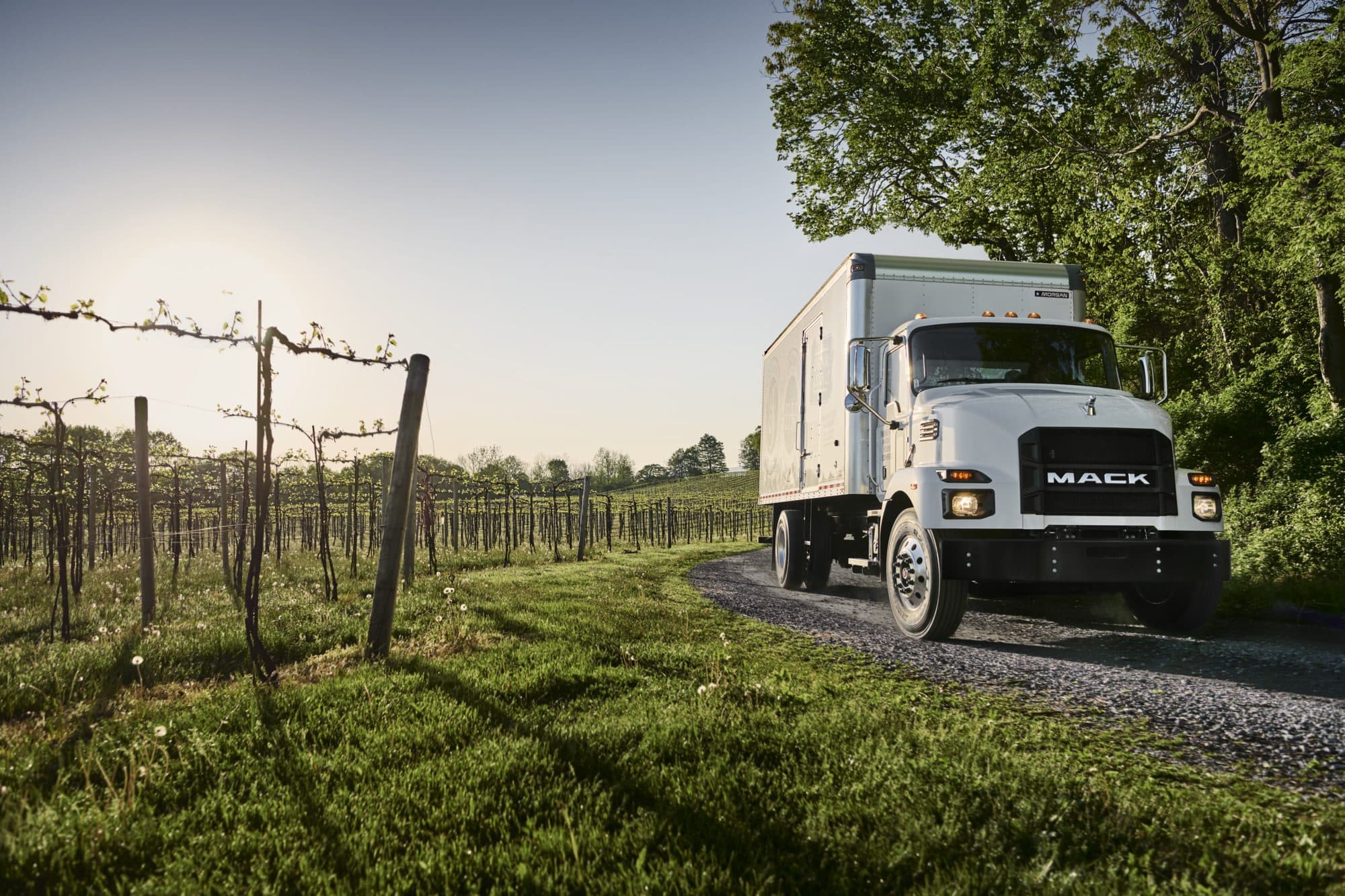As the governmental wheels turn, changes to regulations roll out and are hauled back. While some regulations have a small impact, when it comes to trucking, even the smallest change can affect millions of drivers.
One rule to be aware of, set to take effect in February 2020, sets national minimum-training standards for entry-level applicants seeking CDLs or certain endorsements. The big change impacting operators is that this rule would require applicants to demonstrate proficiency in classroom training and behind-the-wheel training on a ‘driving range’ and a public road. This rule will apply to both first-time applicants and current CDL holder seeking to upgrade or obtain endorsements to transport hazardous goods or operate a motor coach or school bus.
While proponents of this rule change say it will improve
safety and professionalism on the job, operators and carriers have their
concerns. First and foremost, training is likely to be expensive. Training
provider must register with the FMCSA and must deliver the required curriculum.
This additional cost to enter the industry could affect the supply of drivers.
Carriers also worry that with the regulation treating
current CDL holders the same as new drivers will waste time or limit upgrades.
While the regulation does not require current CDL holders to attend a complete
new driver classroom training, industry experts point out that training for
upgrades is a much smaller market, so training providers likely won’t offer
separate courses. Current CDL holders would then have to attend a new driver
course.
Regulation changes often make drivers and employers nervous,
expecting restrictions and limitations that can damage their business. But change
doesn’t have to be a bad thing. In fact, the Federal Motor Carrier Safety
Administration (FMCSA) estimates that the hours of service changes will provide
$274 million in savings for the US economy. And that’s something we can all
appreciate.





